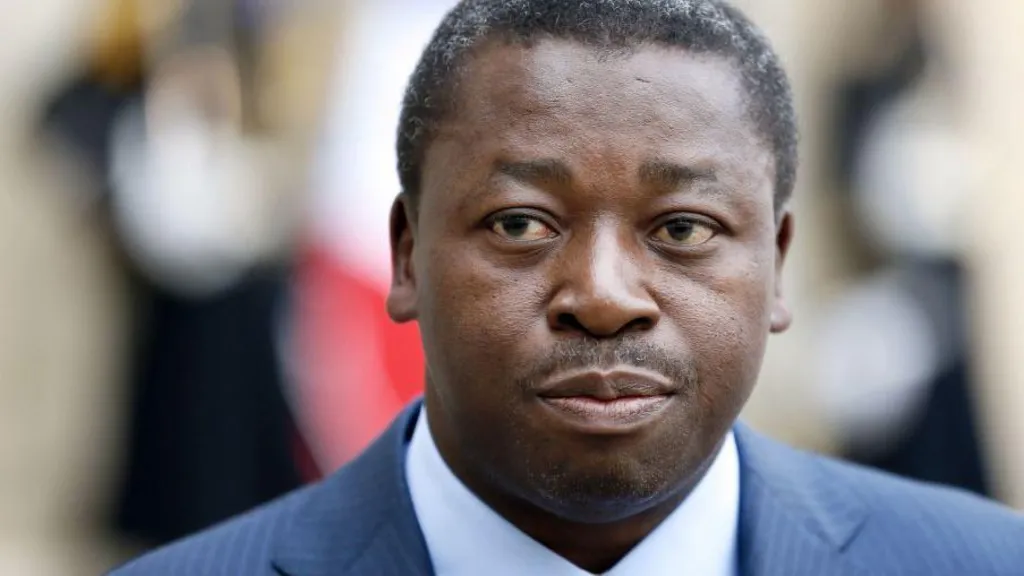Faure Gnassingbé, the long-time leader of Togo, has officially been sworn in as “President of the Council of Ministers,” a newly created position that now stands as the most powerful role in the country’s executive branch and, notably, one with no term limits. This development follows a major constitutional reform that has abolished presidential elections and replaced Togo’s presidential system with a parliamentary structure, sparking serious concerns over democratic backsliding.
The sweeping changes were approved by the National Assembly last year, where Gnassingbé’s ruling party, Union for the Republic (UNIR), holds near-total control, securing 108 of the 113 seats. Opposition parties and civil society organizations have labeled the move an “institutional coup d’état,” alleging it was strategically designed to allow the president to stay in power indefinitely. With this transition, the new position effectively grants Faure Gnassingbé unchecked executive authority under a different title.
The new constitution reduces the role of the president of the republic to a ceremonial one, while real executive power now lies with the President of the Council of Ministers—effectively consolidating political authority under Gnassingbé. Despite initial delays due to domestic and international backlash, the government has pushed forward with the changes, ignoring appeals from opposition groups and human rights advocates.
This marks a significant turning point in Togo’s political history. Faure Gnassingbé, who first assumed office in 2005 following the death of his father Gnassingbé Eyadéma, who had ruled for 38 years now appears positioned to lead the country indefinitely. The Gnassingbé family has now held power in Togo for a combined 58 years, making it one of the longest-standing political dynasties in Africa.
Togo is expected to hold its first municipal elections under the new constitutional framework in July 2025. Critics argue that the electoral reforms have weakened democratic institutions, undermined checks and balances, and marginalized opposition voices. International watchdogs such as Freedom House and Human Rights Watch have previously raised alarms over political repression, limited press freedom, and restricted civic space in the country.
With Faure Gnassingbé now entrenched as the most powerful figure in Togo’s new political order, many observers fear that the small West African nation may be setting a precedent for other authoritarian-leaning governments in the region to follow suit transforming constitutional processes into tools for lifetime rule.













Leave a comment